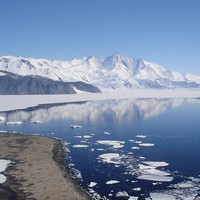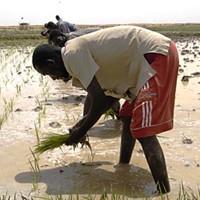
Editor’s note: This is a response to WPR’s Global Insider interview with Alan D. Hemmings, “Marine Reserve Failure Undermines Antarctic Treaty States’ Credibility.” Characterizing the Commission for the Conservation of Antarctic Marine Living Resources (CCAMLR) as a “failure” due to its inability to agree on marine reserves in the Antarctic is unnecessarily alarmist and a misrepresentation of the enduring robustness of this group of decision-makers. While there is a need for Antarctic marine protections, the existing process is working. The CCAMLR’s members are bound by obligations contained within the international Convention on the Conservation of Antarctic Marine Living Resources and […]


